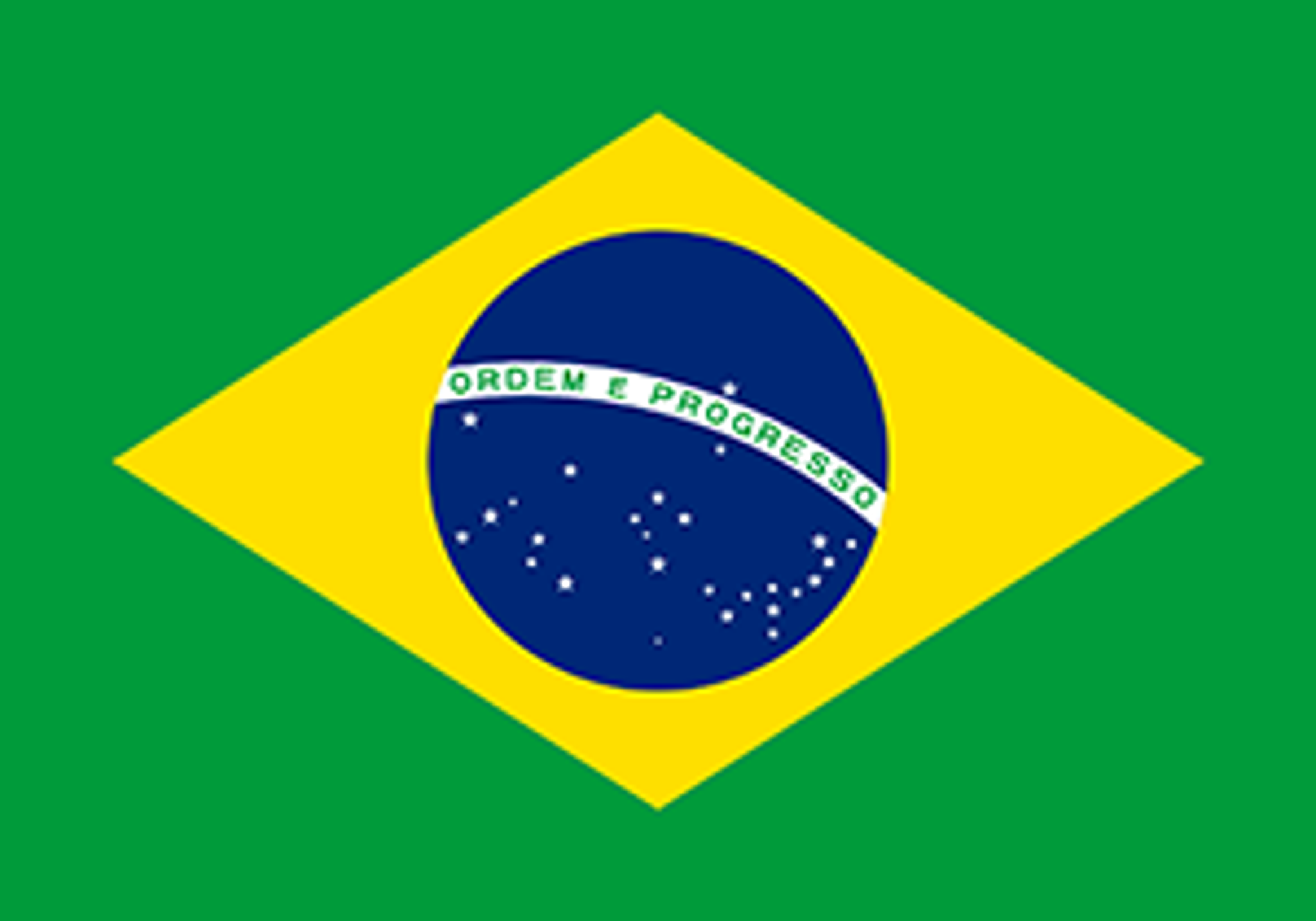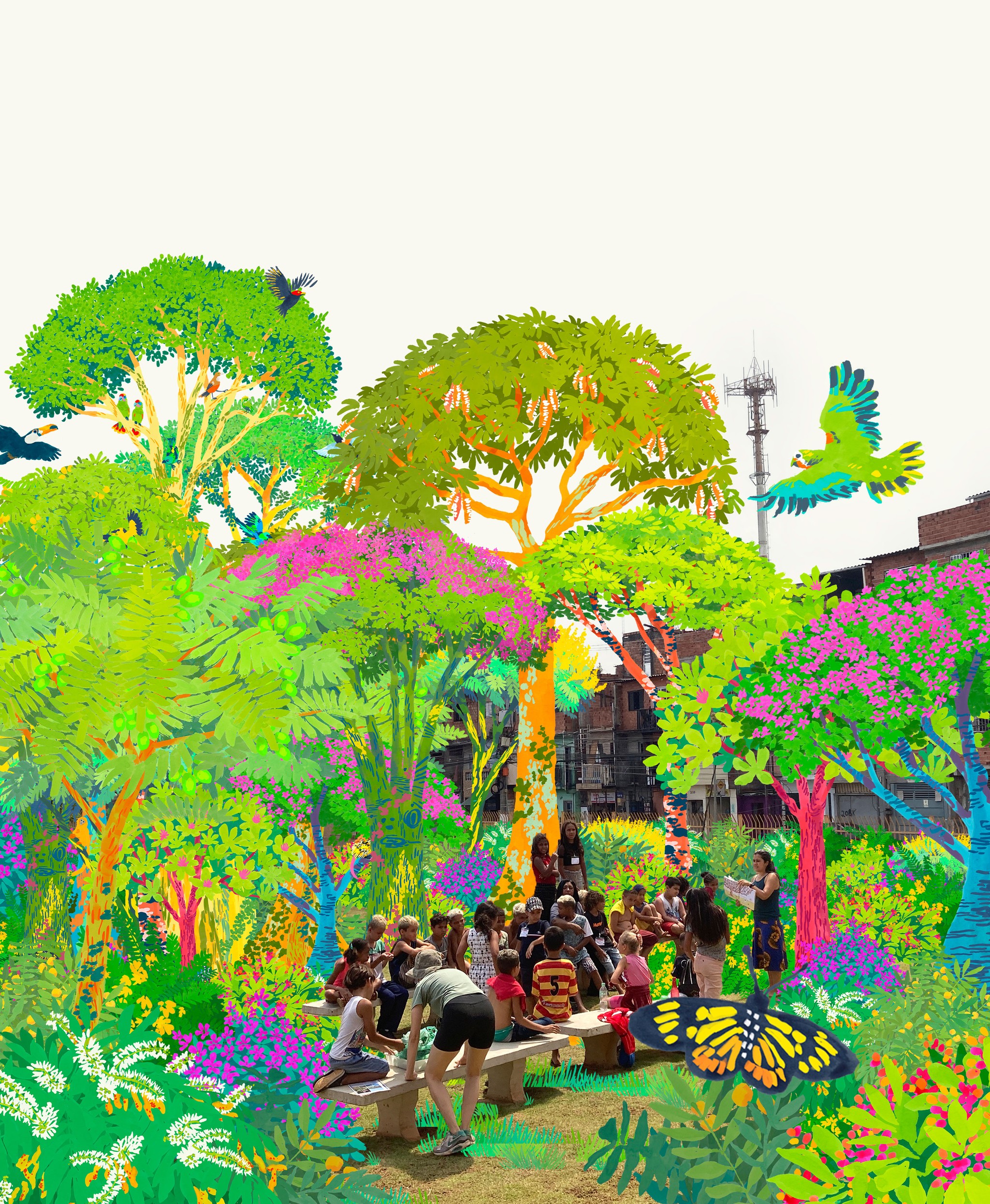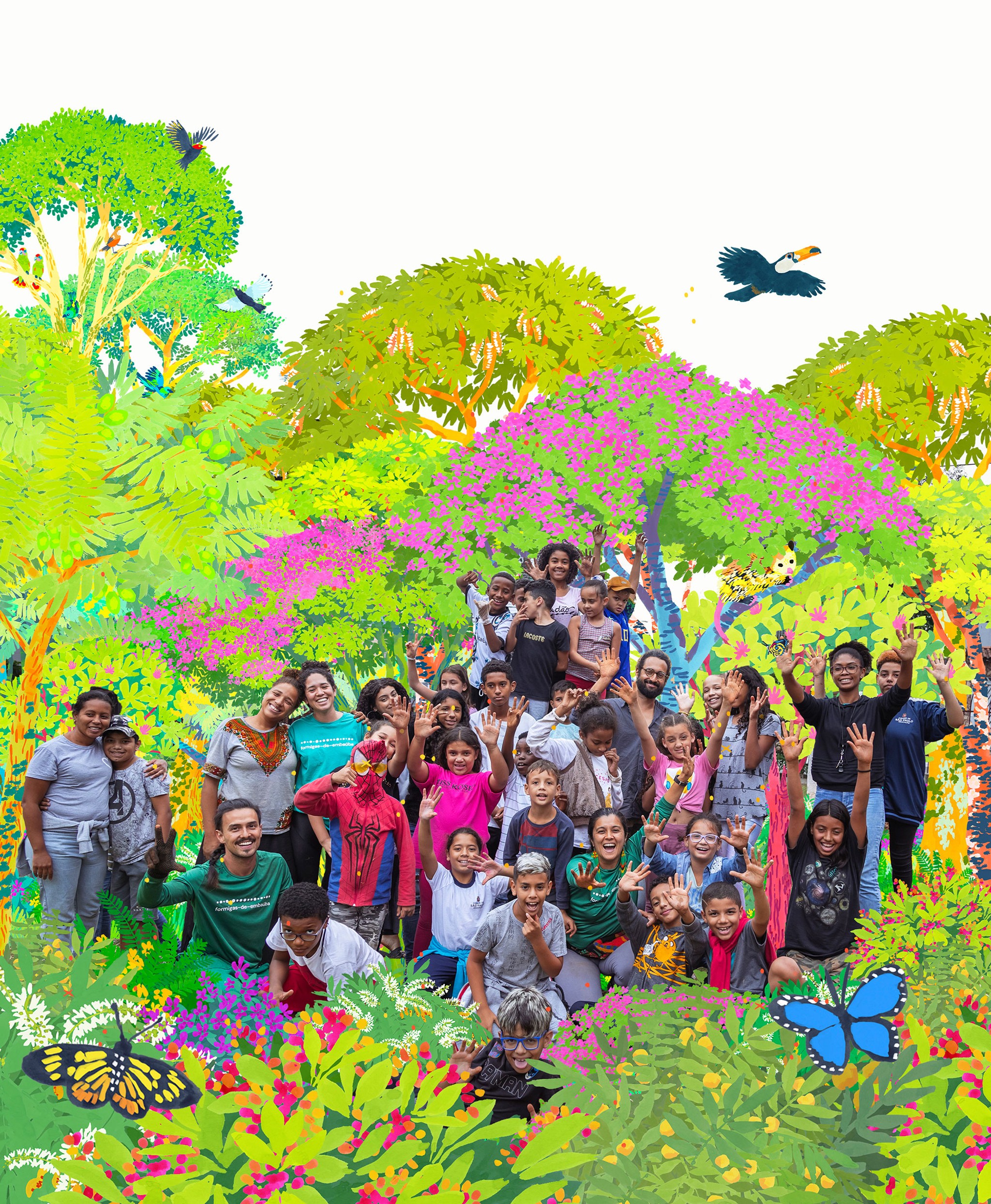Atlantic Forest Classrooms
Restoring Joy and Nature to Schoolyards.


0
Trees
0
Square Meters
0
Native Species
0
Youth Impacted
São Paulo faces significant challenges from climate change, including prolonged heat waves, droughts, and flooding that impact human and environmental health. The Atlantic Forest, once covering much of Brazil’s coast, has been reduced by 90%, leaving many plant species endangered. To address this, we have planted pocket forests in five state schools across densely populated low-income areas of the city of São Paulo, that are in desperate need of more green spaces. This project is part of an educational programme to create outdoor classrooms that engage students, aged 7 to 17, along with the broader school communities. Over two semesters, student groups rotated through the programme, with each group of students going through six hands-on classes held in each forest, ensuring that every student could experience, plant and learn from the forest.
We planted native species including the Brazilian Pine (Araucaria angustifolia), and Embaúba (Cecropia pachystachya), amongst almost one hundred species, including numerous native fruit trees. By planting native flora, we aim to restore the Atlantic Forest in urban areas, creating habitats and reviving local wildlife populations, including birds, insects like native bees, and small mammals that have become scarce due to habitat loss. These forests improve air quality, reduce urban heat islands by cooling the surrounding area, and enhance soil health by adding organic matter and increasing water retention capacity to enhance resilience to drought and flooding. Socially, they transform school environments, adding green spaces that were previously lacking, bringing joy to students. This hands-on experience reconnects students and communities with the region’s local flora and fauna and empowers them to engage in environmental conservation. This project has also created valuable job opportunities for the local community, prioritising employment and training for Black and Indigenous women, like the Guarani Mbya people.
Forest Maker
formigas-de-embaúba
Forest Partner

Planting
EE Alexandre Von Humboldt


EE Maria Prestes Maia


EE Professor Joao Dias Da Silveira


EMEF Jardim das Laranjeiras


EMEF Professor Aurélio Arrobas Martins


“This project brings back knowledge about the native Atlantic Forest, its microclimate, soil life, fruits, and species of flora and fauna and connects this community intervention with global socio-environmental issues such as ecological restoration and climate change.”
- Team formigas-de-embaúba
































































